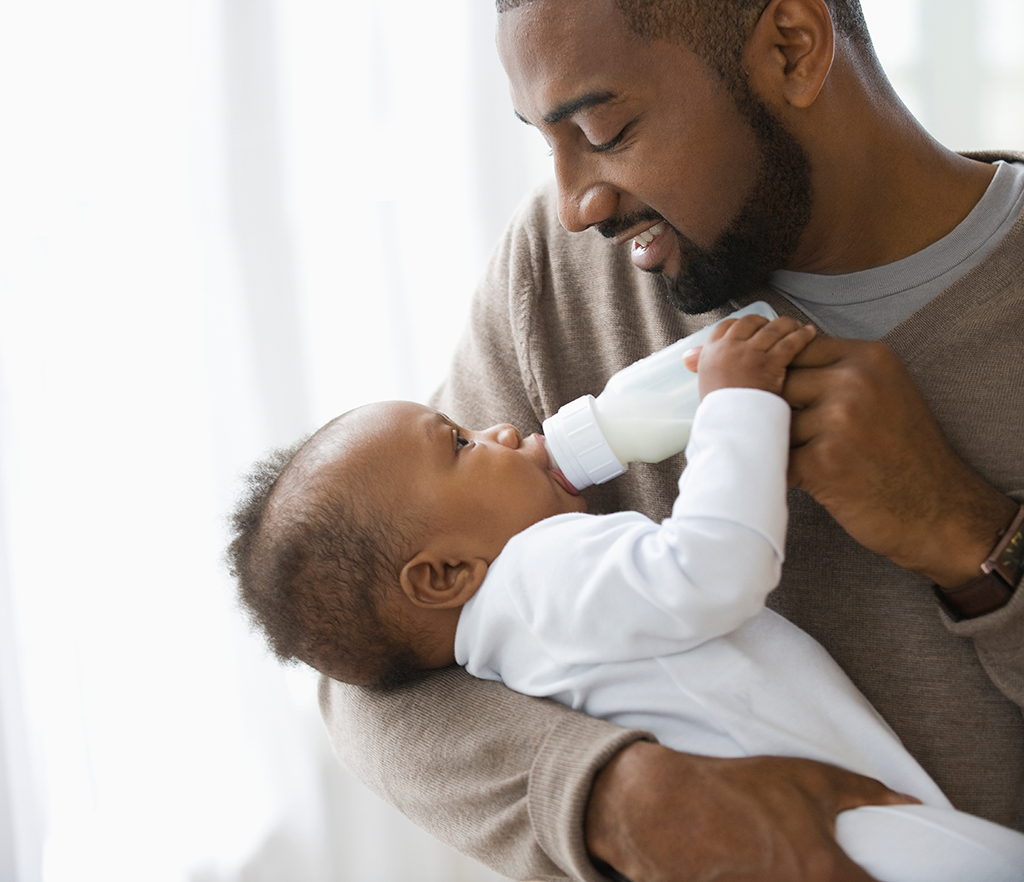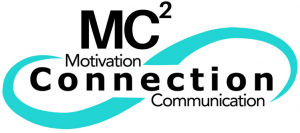
Putting Science Into Practice
“Today, we are in possession of a vast scientific treasure acquired through the study of…infants, a treasure that should be returned to babies and their families as a gift from science.” –Selma Fraiberg, MSW
Clinical Studies in Infant Mental Health author Selma Fraiberg’s inspiring words are a guiding force underlying the Duke Early Experience and the Developing Brain (DEED) Lab’s drive to translate cutting-edge scientific findings into innovative clinical practices for early childhood and pediatric mental health. We know from years of study that we are capable of supporting the development and well-being of infants predisposed to adverse genetic, biological, and social determinants of health.
Generations of infants and families have kindly participated in research and broadened our understanding of the developing brain. We honor their contributions to science by providing clinical services that are culturally informed, relationship based, developmentally sensitive, and scientifically validated.
By adhering to a relationship-focused developmental model and partnering with caregivers as they gain insight to nurture and support their child’s early cognitive, social and emotional development, we take these ‘scientific treasures’ provided to us and help children maximize their potential. In this way we can help prevent and intervene in future incidents of depression among preschoolers and among infants and toddlers with difficulties sharing and communicating with caregivers in a social context.
Please see below for current clinical services provided by DEED.

MC2 : A Program for Infants and Toddlers with Autism
- MC2 provides a brief, early intervention service for infants and toddlers who have an autism spectrum disorder (ASD) diagnosis or who are considered to be at high-risk for ASD (e.g., showing early social delays).
- MC2 uses a relationship-focused developmental model to teach caregivers how to positively support their child’s early cognitive, social and emotional development using well-validated behavioral techniques.
- A highly trained, multidisciplinary team including expertise in clinical psychology, occupational therapy, behavioral science and early education deliver the MC2 intervention in strong partnership with families over a period of 12 weeks.
This program is an early intensive behavioral intervention targeting the birth-to-24-month old age range.
To learn more about MC2 please contact Ellen Gaffrey at ellen.gaffrey@duke.edu.

Resource for Providers!
Best Practices for Very Early Intervention in ASD:
- Download this practice brief (pdf format) for an update on the latest evidence-based approaches to enhancing social engagement & communication for very young children with Autism via Naturalistic Developmental Behavioral Intervention.